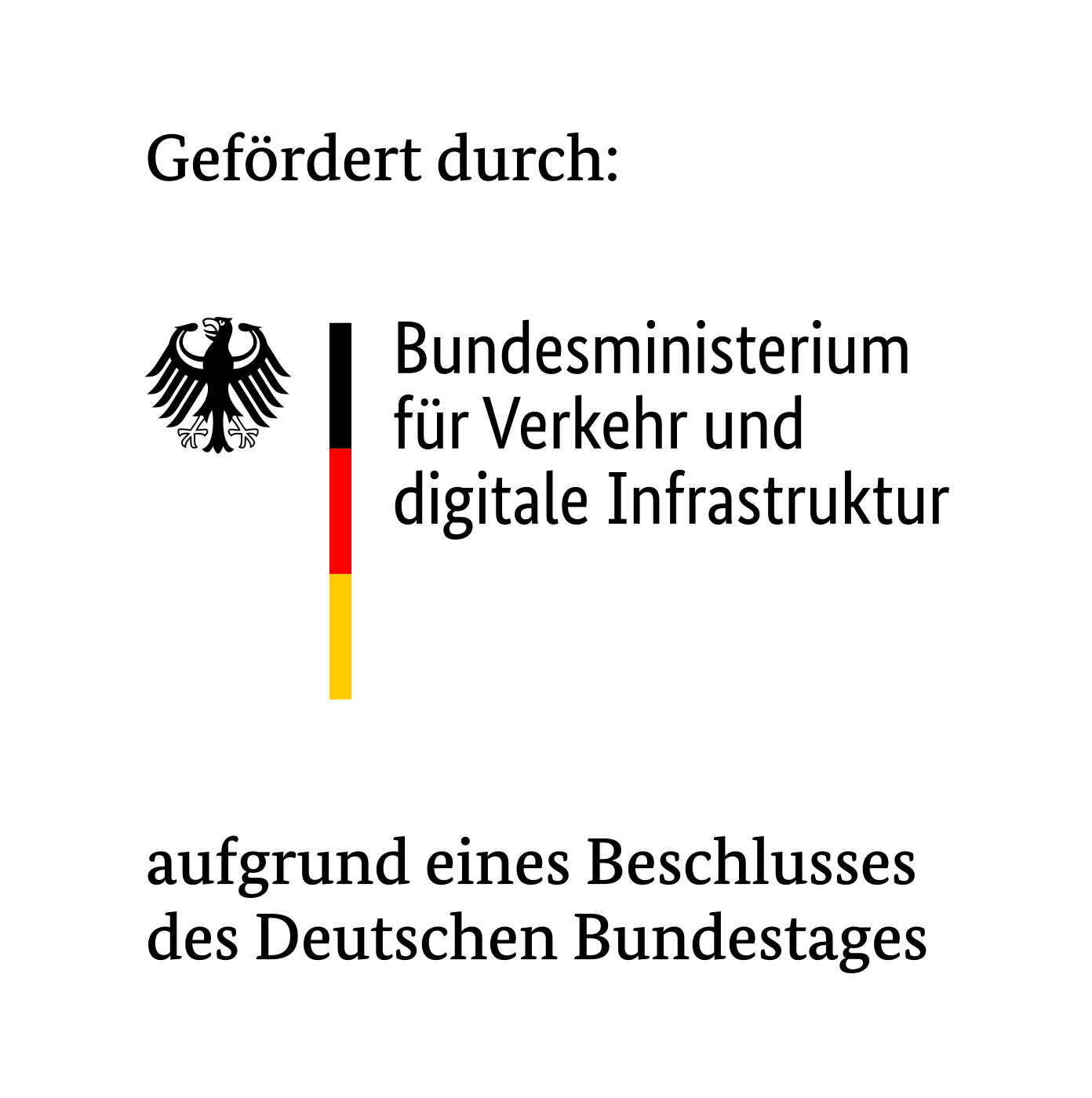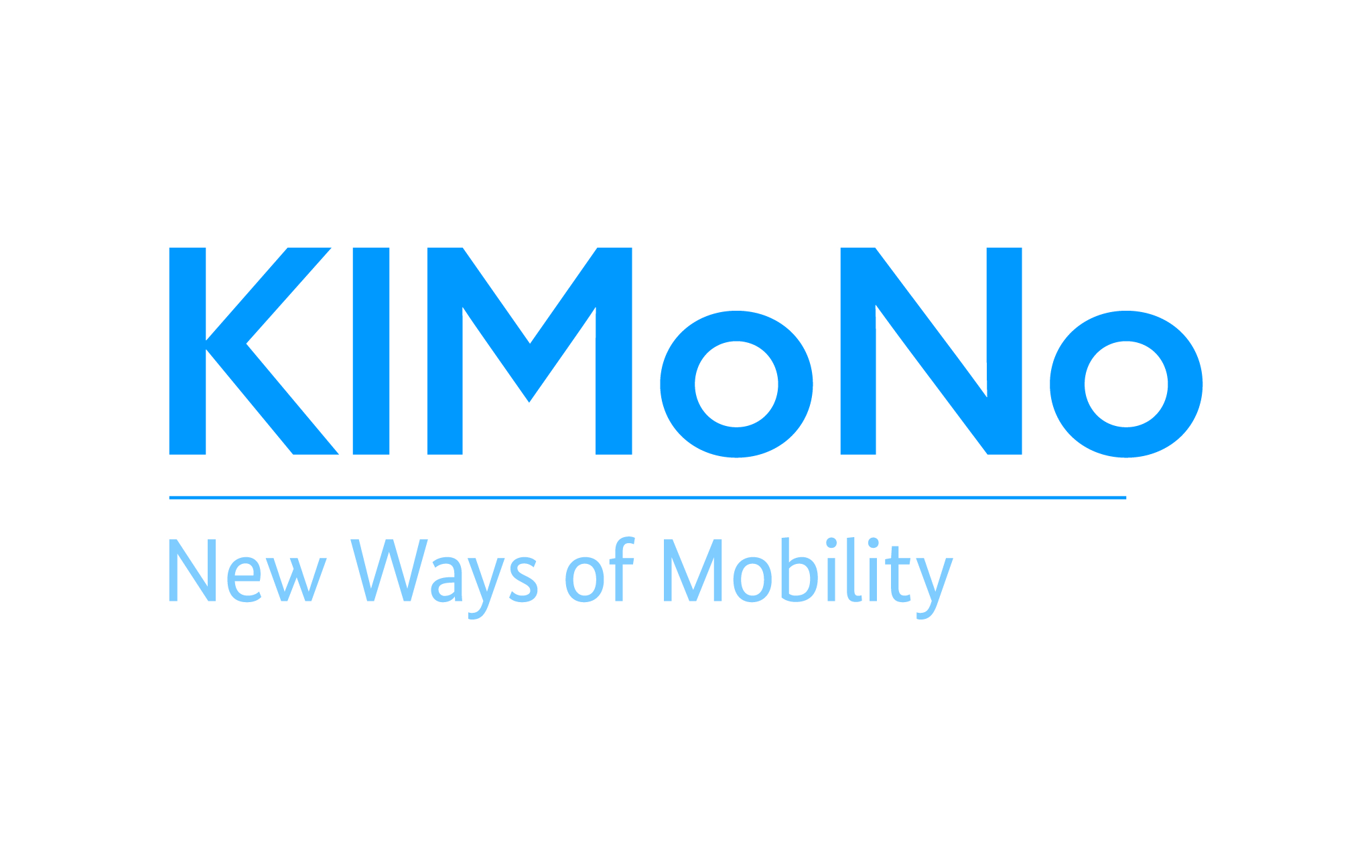Funded research
BMVI: KIMoNo
AI-based cross-type optimisation of mobility in non-urban regions
Interdisciplinary research from science and business in order to shape the future of mobility in rural areas.
Mobility patterns in cities and non-urban regions differ significantly, both in individual mobility and in the field of logistics. Current research needs to catch up especially with regard to the mobility requirements and needs of rural areas. In the BMVI-funded project KIMoNo, the University of Passau, together with partners from science and industry, is therefore looking at the role of AI-based cross-type mobility optimisation, especially for mobility within non-urban regions. The project looks at different types of mobility and integrates social acceptance and user-friendliness of future developments.
The Project
The CENTOURIS Institute supports the project from the user perspective, which has a decisive influence on the successful implementation of new innovations and their long-term establishment. By integrating the user perspective in the funding project, a high level of acceptance and manageability of the innovations to be developed can be achieved and thus make a sustainable contribution to the success of AI in the mobility context.
Throughout the entire project period, CENTOURIS contributes to a high level of acceptance in the implementation of technological innovations in the mobility sector by analysing user preferences and social acceptance and by means of usability research.
The estimation of the population acceptance of relevant information needs as well as possible interaction profiles and expected technology consequences were considered by a corresponding study representative for the German population.
Project Duration: 02/2020 - 01/2022
Project Amount: 994.216,16 €
Project Website: www.uni-passau.de/kimono/
Further participating Institutions:
Further Cooperating Partners within the Project KIMoNo:
Contact:


